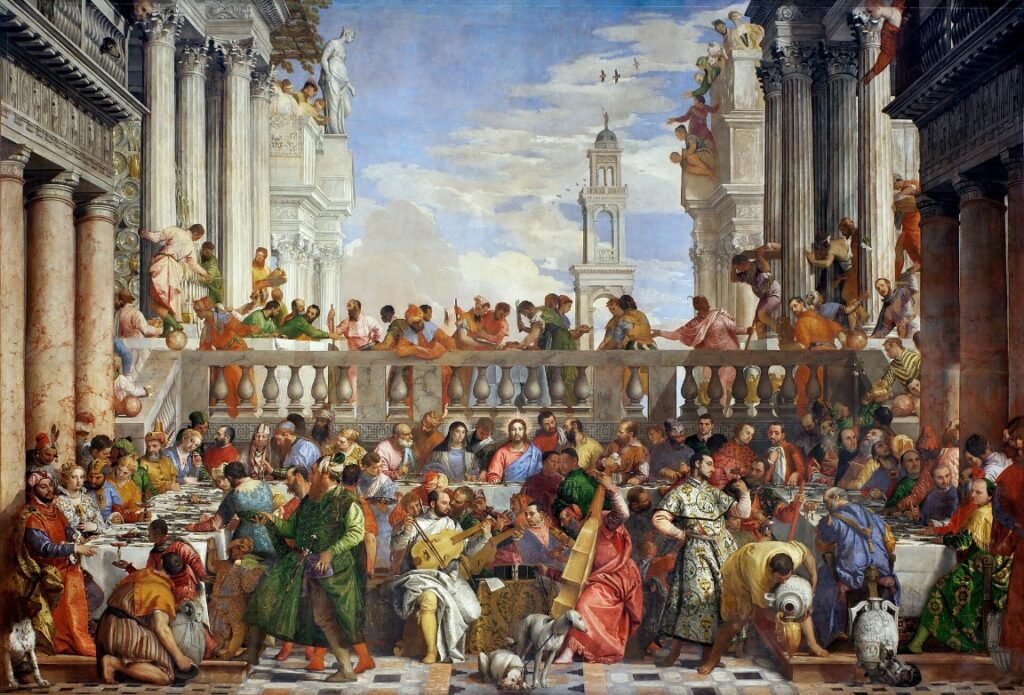Why Does A Good God Allow Evil?
The existence of evil in a world created by an all-good, all-powerful God has puzzled and challenged thinkers for centuries. Why do suffering, moral failure, and natural disasters occur if God is both loving and omnipotent? These questions, often called “the problem of evil,” require careful thought and explanation. Drawing on the insights of St. […]
Why Does A Good God Allow Evil? Read More »










